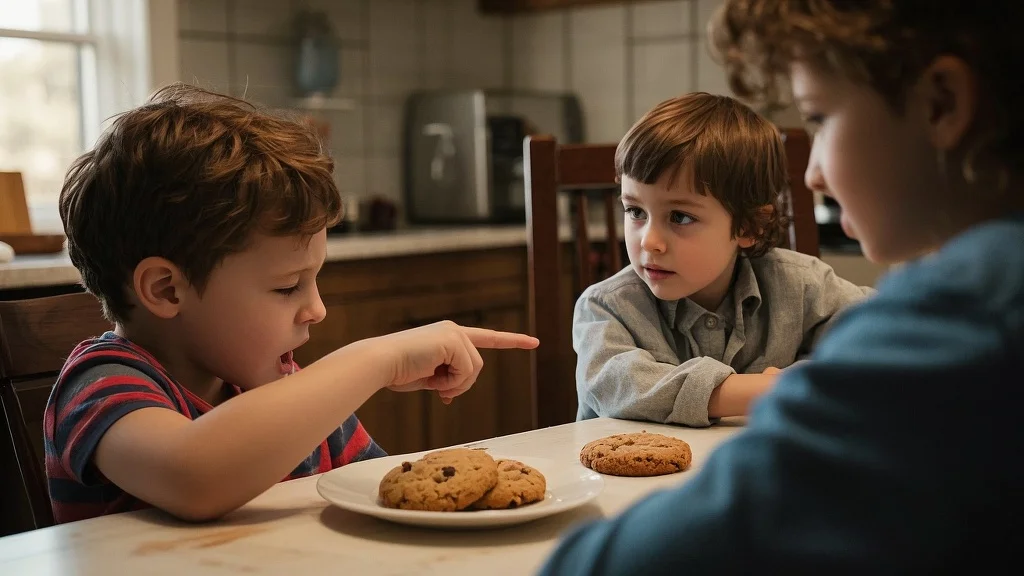Why These Conversations Matter
1 in 5 American children experiences food insecurity, while over 500,000 people face homelessness nightly. Sheltering kids from these realities risks raising adults who:
- View poverty as a personal failure rather than systemic issue
- Feel uncomfortable around economic diversity
- Miss opportunities to help
Preparing Yourself First
Before discussing with children:
✔️ Examine your biases – Kids notice if you tense up near panhandlers or make subtle shaming comments about government assistance
✔️ Avoid “othering” language – Replace “those people” with “our neighbors”
✔️ Acknowledge privilege – “We’re able to buy extra snacks because we have something called financial privilege”
Age-Appropriate Approaches
Preschoolers (3-5):
- Focus on empathy: “Some families don’t have enough food. That’s why we donate to the food bank.”
- Use relatable examples: Sesame Street’s homeless character Lily helps humanize the issue
Elementary (6-10):
- Connect to their world: When packing lunches, ask: “What if your school didn’t have a cafeteria?”
- Distinguish wants vs needs: Have them sort toys into “must have” (coats) and “nice to have” (video games)
Teens (11+):
- Discuss systemic causes: Housing costs, healthcare gaps, racial inequities
- Highlight solutions: Show how policies like SNAP or housing vouchers help
Common Parent Pitfalls to Avoid
✖️ Using poverty as a scare tactic – “Do poorly in school and you’ll end up homeless!”
✖️ Assuming all homelessness stems from addiction – Most unhoused families lost housing due to medical bills or job loss
✖️ Vague charity without context – Pair food drives with explanations of food deserts
Turning Awareness Into Action
- Volunteer together at shelters (many accept kids 8+)
- Create “blessing bags” with travel-sized toiletries to keep in your car
- Advocate politically – Explain how voting affects school lunch programs
- Practice respectful giving – Instead of tossing old toys, involve kids in donating thoughtfully
Script for Tough Questions:
“Why is that person sleeping outside?”
→ “Everyone deserves a home, but sometimes systems fail people. That’s why we support shelters and vote for housing programs.”
Key Takeaways
✅ Start early – Even preschoolers understand fairness
✅ Lead with compassion – Replace judgment with curiosity
✅ Focus on solutions – Show how communities can help
“The goal isn’t guilt about privilege—it’s using that privilege to create change.”








